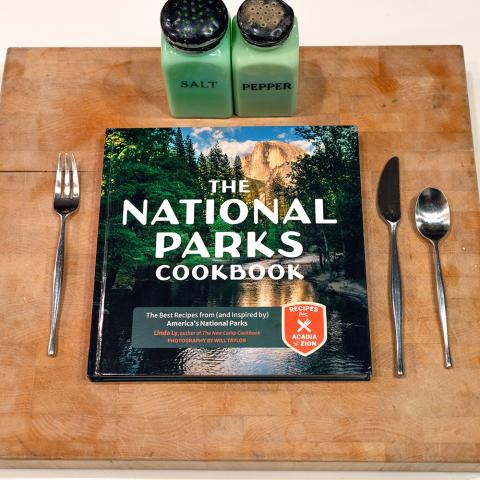
Grand Canyon National Park needs permanent protection from uranium mining/Rebecca Latson file
By Patricia J. Kelly and Robert R. Arnberger
Arizonans know that water is life; it is vital to us all and sustains our livelihoods. We cannot afford to let powerful industry interests sacrifice our water to pollution or depletion. We also cannot let those same interests destroy a landscape that supports an unparalleled regional economy and the livelihood of citizens who depend on it. But our water and our Grand Canyon is under attack by these very interests that see profit in the ground and downplay the risk of negative health impacts for generations to come.
In Arizona, we are concerned by the increasing number of calls to open areas around the Grand Canyon to uranium mining, a dangerous practice that risks destruction of groundwater, seeps and springs, and could impact the Colorado River — the drinking water supply for nearly 40 million people. Local government and tribal leadership have opposed the reckless potential destruction of our internationally cherished monument. But now, corporate polluters have a powerful ally on their side: President Trump.
The Trump administration has taken steps that could lead to destruction around and within one of the world’s most iconic landscapes, including newly prioritizing uranium as a “critical mineral” and exploring ways to boost its production domestically. An administration working group is contemplating calls to lift a temporary, but important ban on mining around the Grand Canyon and taxpayer subsidies to make uranium mining profitable. These threats ignore health risks and put our communities and sacred sites at risk. They merge the need to protect not only our iconic natural landscapes but also our citizen’s health.
More uranium mining would be a disaster for our water and health; ingesting uranium can cause kidney damage and increases one’s risk of cancer, high blood pressure, autoimmune diseases and reproductive issues. Furthermore, the communities most impacted by uranium exposure are often those already struggling with public health issues — including tribal, minority and lower-income communities.
The area around the Grand Canyon is sacred to the surrounding tribes, and uranium contamination of land and water sources on Navajo lands from extraction that started decades ago is still extensive; recent studies found uranium in the bodies of Navajo women and babies.
Too often these communities do not have a seat at the table when corporate interests divide their resources for extraction. Today, the health of real people suffers from past wrongdoing and we cannot allow this legacy to be repeated. If even one person must drink contaminated water, that’s one too many; thousands of people in the southwest already face this reality.
In 2012, the Obama administration took a step in the right direction by withdrawing over one million acres of public land from hard-rock mining for at least two decades. The ban offered temporary protection of water sources for millions in the southwest and served as a small acknowledgement to those communities that have suffered a history of harm at the hands of the uranium industry. But this administration has refused to continue that compassionate and precautionary view — embracing a misguided policy of opening our public lands for extraction to boost corporate polluters’ profits.
Nurses have a commitment to protect our patients and speak up when we know something is wrong. Similarly, natural and cultural resource specialists must speak up when they know a proposal threatens harm to the natural health of the Grand Canyon. Our professional training tells us that this dangerous proposal will seriously harm many communities.
This is a health issue, a natural resource issue and a moral issue. It is an issue that unites health-care with resource care and our elected leaders have an obligation to protect water resources for our communities and their landscapes for future generations.
To fulfill that obligation they must reject the Trump administration’s assault on our health and iconic national park and stand up to continue, and strengthen, the Grand Canyon mining ban.
The U.S. House of Representatives recently voted to permanently ban mining near the Grand Canyon. Our senators, Martha McSally and Kyrsten Sinema, must follow this lead and uphold their obligation to all Arizonans. This health risk coupled with the threat to one of the world’s great national parks cannot be ignored.
Patricia J. Kelly, Ph.D., MPH, APRN, was a professor and public health nursing researcher at the University of Missouri-Kansas City and lives in Tucson.
Robert Arnberger, retired National Park Service senior executive, served as superintendent of Grand Canyon National Park from 1994-2000 and is an active member of the Coalition to Protect America’s National Parks.




 Support Essential Coverage of Essential Places
Support Essential Coverage of Essential Places






